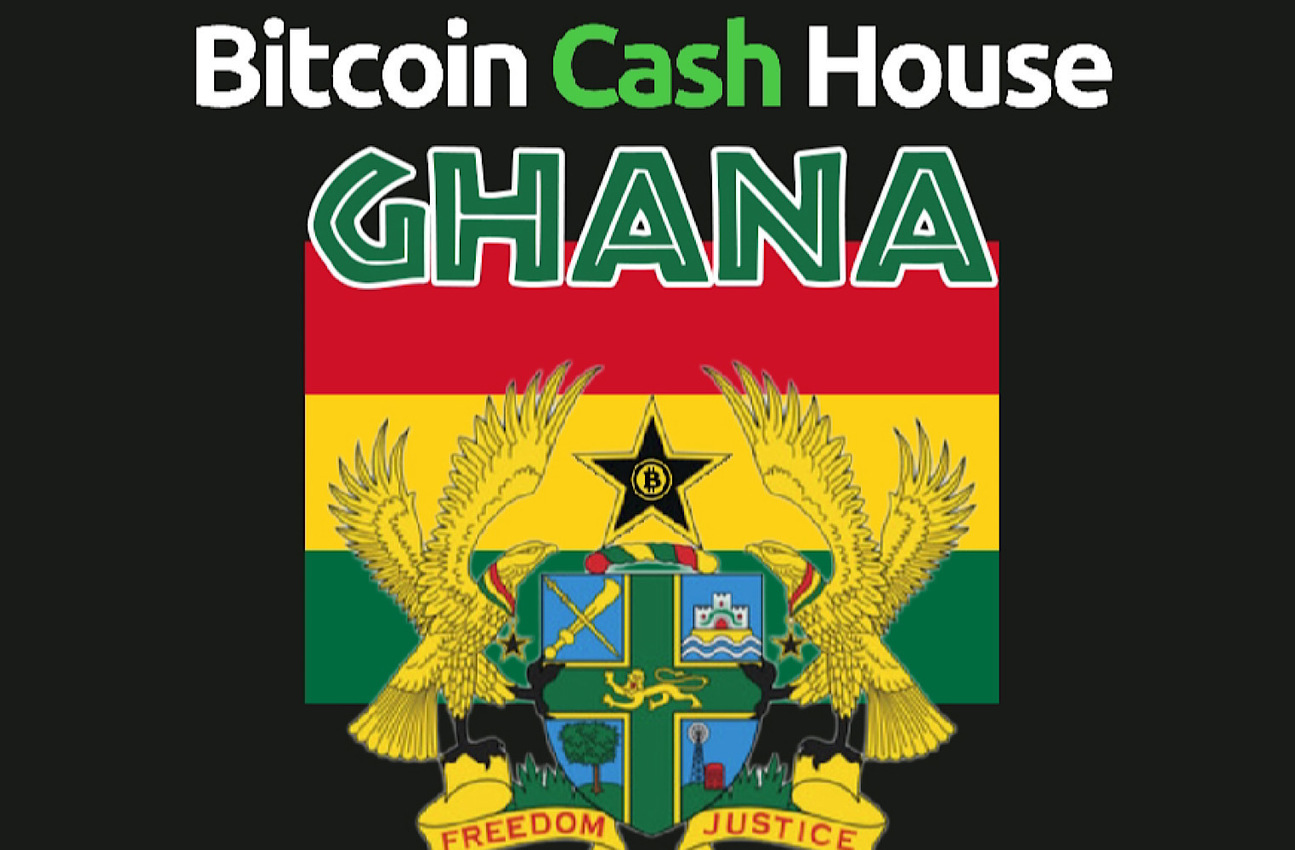n November 2019 news.Bitcoin.com reported on the successful launch of an informational and practical assistance resource known as Bitcoin Cash House in Venezuela. The project, which is the brainchild of Roberto Garcia, exists to help people learn about crypto and connect them with opportunities and resources in the space. This is especially key in struggling regions affected by political unrest, embattled economies and poverty.
The project seems to be succeeding in connecting residents of the nation with crypto, and spreading word of the various utilities of peer-to-peer, permissionless cash.
In fact, the movement in Venezuela toward a better understanding of BCH is even evidenced by new signs on the street. While the statist economy may be in shambles, individuals in the country have a tool in crypto to help preserve financial sovereignty, but this can be difficult at times; largely due to lack of information, crypto-savvy social networks and resources. This utility is equally sought after in other parts of the world, evidenced by the recent announcement that a separately operated BCH House will now be opening in the African nation of Ghana.
Decentralized Crypto Hubs
Kousha, a BCH ecosystem grower with a focus on developing nations, and ambassador at Bitcoin Cash House Ghana, writes in his recent announcement article:
First and foremost the House is intended to provide education and tutorship for merchants and individual users alike. On the base level we offer the same as casaBCH in Venezuela.
Services BCH House Ghana is set to provide include educational resources on sending and receiving BCH, advantages of crypto over fiat, protection against volatility and safe storage of assets. Like BCH House Venezuela, the hub in Ghana will help individuals learn “how to find work and get paid in cryptocurrency,” as well as “ways for developers and future developers to get involved with Bitcoin Cash.”
The announcement further notes that “We are also open to any modular business idea or project, that we can provide next to the basic functions of the BCH House.” This might include “Developing tools in direct communication with local merchants to implement non-custodial financial services,” the post details.
Kousha, who is located in Heidelberg, Germany, is clear in pointing out the independent, and decentralized nature of the ‘Cash House’ movement:
As far as I can tell, there are more BCH Houses planned, while all of them are organized by individuals in an atomized fashion.
According to Kousha, “Just as BCH itself, organizing such a house is pretty permissionless,” and “I myself am in contact with crypto enthusiasts from Uganda, Kenya and Nigeria, who are all eager and interested to have the BCH House project expand to their region,” he notes.
Sourced through Scoop.it from: news.bitcoin.com



Leave A Comment